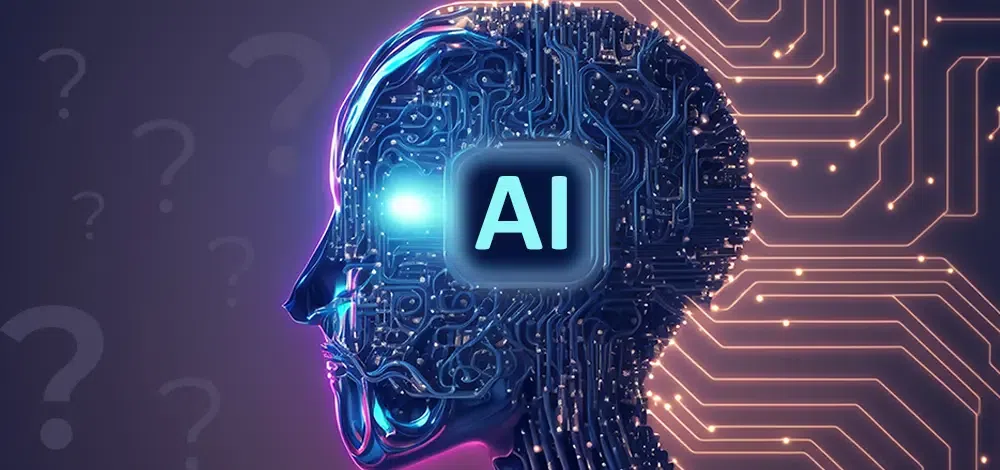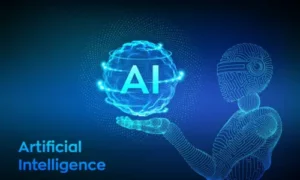
Technological advancements have revolutionised every aspect of human life, reshaping the way we work, communicate, learn, and interact with the world around us. From the advent of the internet to the rise of artificial intelligence (AI) and blockchain technology, innovations have accelerated at an unprecedented pace, transforming industries, economies, and societies on a global scale. Understanding the implications of technological advancements is essential for harnessing their potential benefits while mitigating potential risks and challenges.
One of the most transformative technological advancements in recent years is the internet and digital technology. The internet has connected billions of people worldwide, facilitating instant communication, access to information, and e-commerce. Social media platforms, online marketplaces, and digital streaming services have revolutionized the way we connect, consume content, and conduct business. However, the digital divide remains a significant challenge, with disparities in internet access, digital literacy, and technological infrastructure limiting the full participation of all communities in the digital economy.
Artificial intelligence (AI) and machine learning represent another groundbreaking advancement with profound implications for various industries and sectors. AI-powered technologies, such as virtual assistants, predictive analytics, and autonomous vehicles, have the potential to enhance efficiency, productivity, and decision-making across diverse fields, including healthcare, finance, transportation, and manufacturing. However, concerns about job displacement, algorithmic bias, and ethical implications of AI adoption underscore the importance of responsible AI development and governance frameworks.
Blockchain technology, initially popularized by cryptocurrencies like Bitcoin, has emerged as a disruptive force with transformative potential beyond financial transactions. Blockchain enables secure, decentralized digital record-keeping, facilitating transparent and tamper-proof transactions, supply chain management, and identity verification. The adoption of blockchain technology in sectors such as healthcare, logistics, and governance promises increased transparency, efficiency, and trust in complex systems. However, scalability, interoperability, and regulatory challenges remain barriers to widespread blockchain adoption and integration into existing infrastructures.
The Internet of Things (IoT) has enabled the interconnectivity of everyday objects and devices, creating a vast network of smart technologies that collect, analyze, and exchange data in real-time. IoT applications span various domains, including smart homes, wearable devices, industrial automation, and smart cities. By leveraging IoT solutions, organizations can optimize resource utilization, improve operational efficiency, and enhance user experiences. However, concerns about data privacy, cybersecurity vulnerabilities, and interoperability standards underscore the importance of robust security measures and data protection frameworks in IoT ecosystems.
Biotechnological advancements, such as gene editing, personalized medicine, and biopharmaceuticals, have revolutionized healthcare delivery and treatment modalities. Breakthroughs in genomic sequencing and gene therapy hold the promise of personalized treatments tailored to individuals’ genetic profiles, offering new hope for patients with rare diseases and genetic disorders. However, ethical considerations surrounding genetic manipulation, privacy concerns related to genomic data, and access disparities in healthcare access pose significant challenges to the equitable and ethical implementation of biotechnological innovations.
In conclusion, technological advancements have the power to reshape economies, societies, and human experiences in profound and transformative ways. Embracing innovation, fostering digital inclusion, and promoting responsible technology development are essential for realizing the full potential of technological advancements while addressing societal challenges and ensuring equitable access to the benefits of the digital age. By embracing a collaborative and forward-thinking approach, we can harness the power of technology to create a more sustainable, inclusive, and prosperous future for all.







